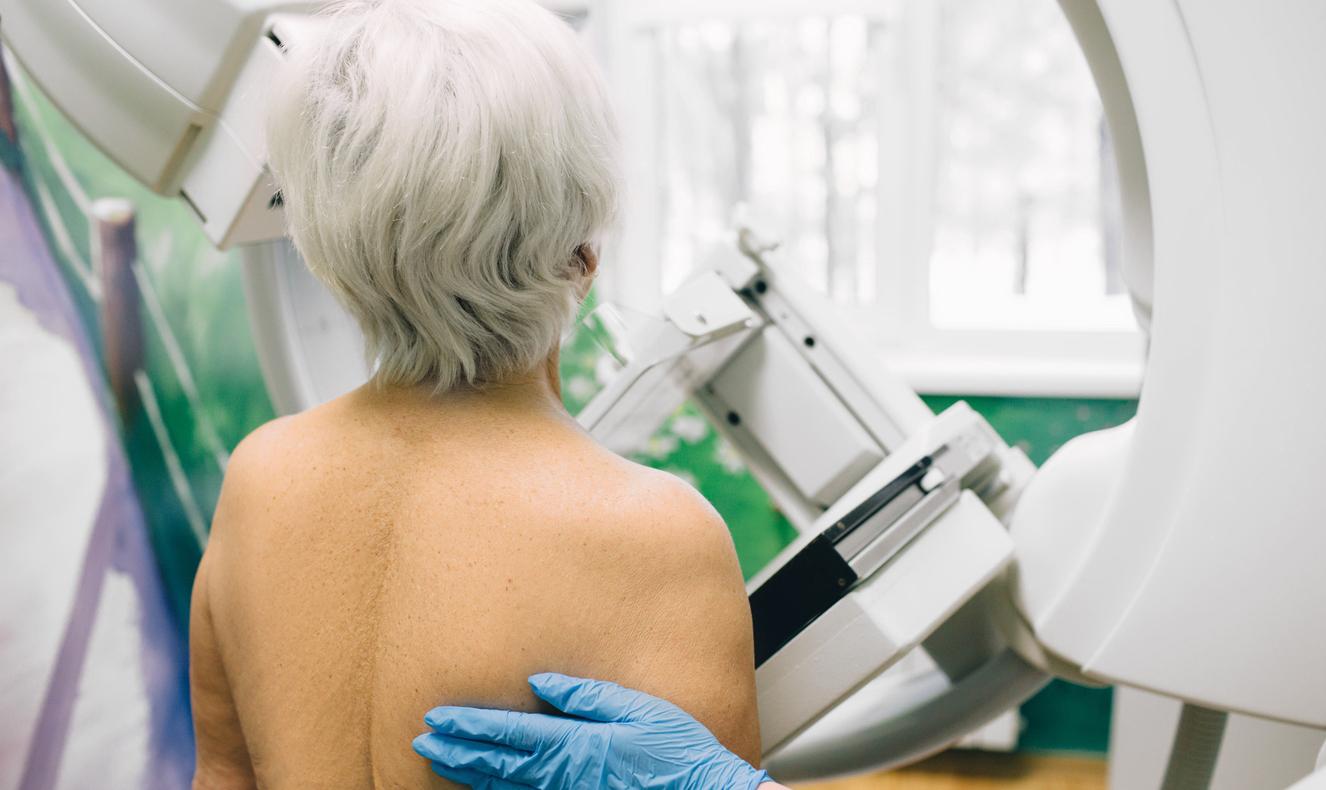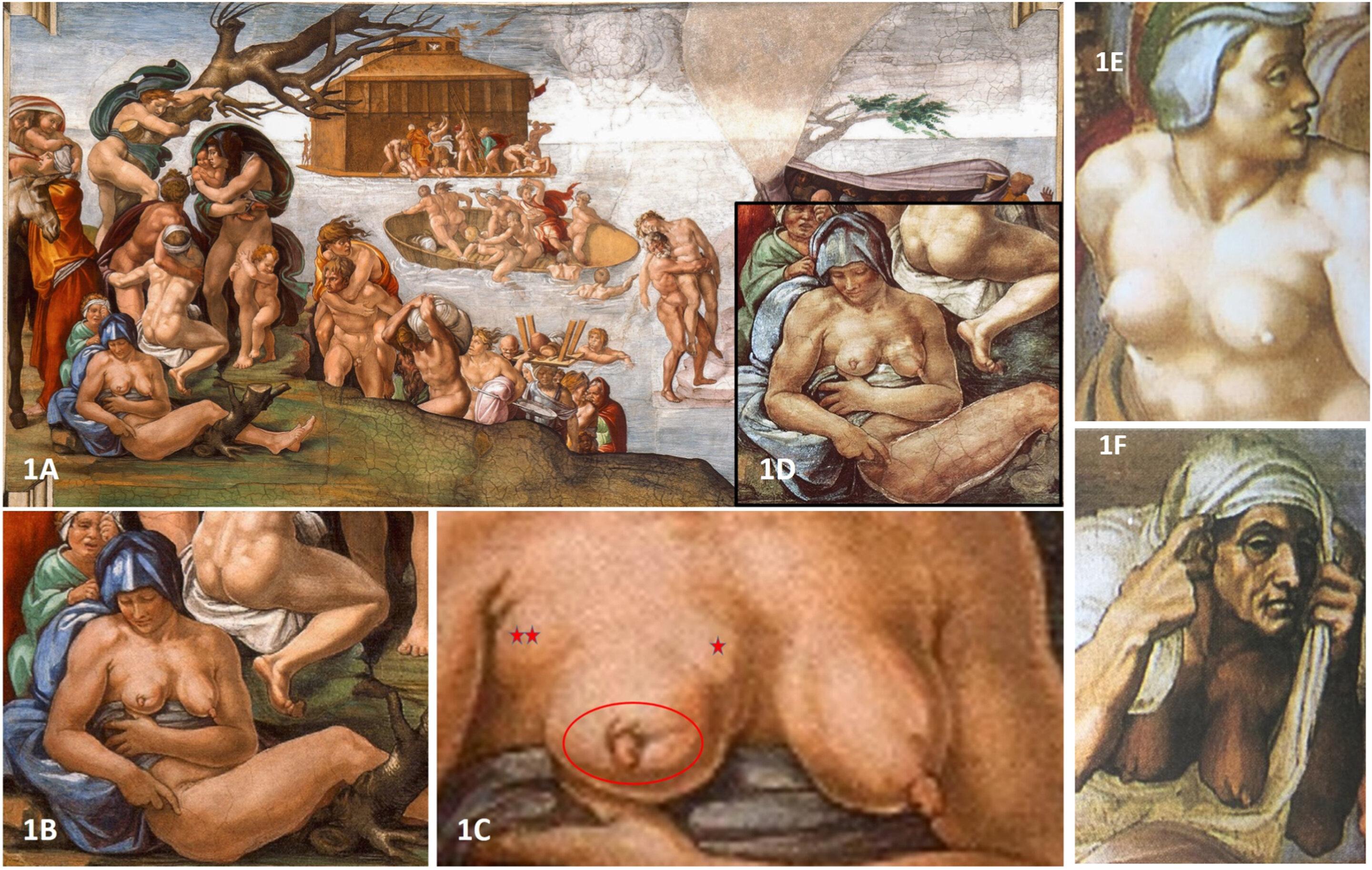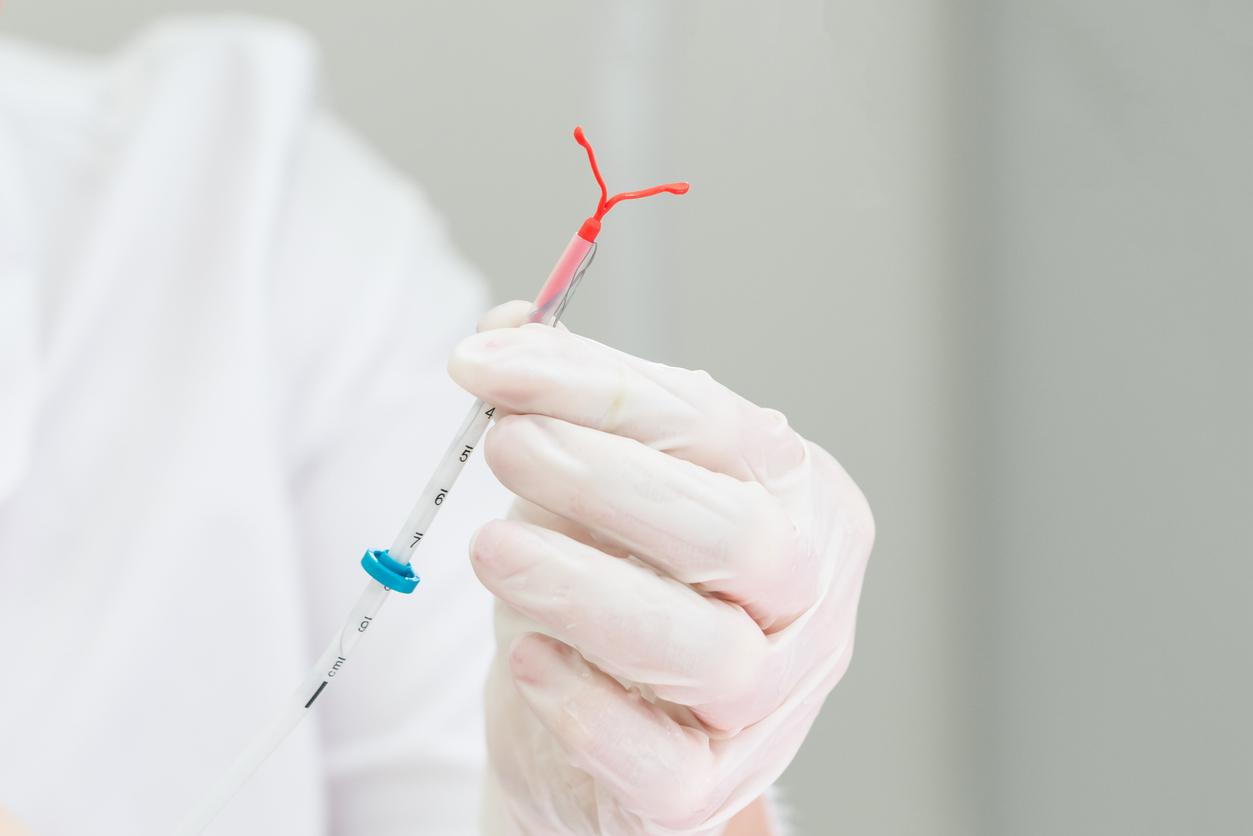A Croatian virologist successfully treated her own breast cancer by self-administering an experimental treatment she developed in her laboratory. An example of self-medication which raises ethical questions, according to specialists.

- In 2020, Beata Halassy, a Croatian virologist, treated her own breast cancer with an experimental method: oncolytic virotherapy (OVT). She administered two viruses grown in her laboratory: a measles strain and a vesicular stomatitis virus (VSV).
- After two months, the result was clear: the tumor shrank, softened and detached itself from the tissues it was invading, all without serious side effects. After ablation and a year of trastuzumab, a classic anticancer drug, she has now been in remission for four years.
- This self-experimentation has sparked ethical debates, with some fearing that it will encourage patients to avoid traditional treatments.
She used her own body as a subject of experimentation, with success. In 2020, Beata Halassy, virologist at the University of Zagreb (Croatia), decided to take control of her treatment for recurrent breast cancer by using a previously unapproved method: oncolytic virotherapy (OVT). Virotherapy is a new area of cancer treatment that uses viruses to attack cancer cells and trigger the immune system to fight them. This bold choice, detailed in an article published in the journal Vaccineshas sparked a lively debate on the ethics of self-experimentation with care.
In remission from breast cancer for 4 years
Faced with a second cancer that returned after a mastectomy, and not wishing to undergo further chemotherapy, Beata Halassy, 49, chose to invest in her skills in virology. With the help of a colleague, she prepared and administered two viruses grown in her laboratory: a measles strain and a vesicular stomatitis virus (VSV). These viruses, known to target tumor cells and stimulate the immune system, had already been tested in clinical trials on other cancers.
After two months of treatment for his stage 3 cancer, the result was clear: the tumor shrank, softened and detached itself from the tissues it was invading, all without serious side effects. Analyzes showed a strong infiltration of lymphocytes into the tumor, a sign that virotherapy had activated the immune response. After surgical removal, Beata Halassy completed her treatment with a year of trastuzumab, a classic anticancer drug. She has now been cancer-free for four years.
In a press release published by the journal NatureStephen Russell, expert in OVT, notes that this approach does not revolutionize the field, since trials on OVT already exist. But he admits that the virologist’s approach, with two viruses developed in his own laboratory and used successively on his own person, is unique and deserves reflection.
A scientist who successfully treated her own breast cancer by injecting the tumor with lab-grown viruses has sparked discussion about the ethics of self-experimentation https://t.co/wnjBX1zWjH
— nature (@Nature) November 9, 2024

Controversial self-medication
Although Beata Halassy does not recommend this experimental approach to treating cancer, she nevertheless wanted to publish her findings in order to avoid losing the knowledge gained from her experiment. “It took a courageous editor to publish the report, despite the ethical issues”she explains. But according to Jacob Sherkow, a specialist in law and medicine, it is not so much the self-experimentation as this publication that is problematic: it could encourage other patients to abandon conventional treatments. The article emphasizes that self-medication by virotherapy “should not be the first approach” in the case of a cancer diagnosis.
Despite the criticism, Beata Halassy believes that her treatment has redefined her scientific priorities. She is now conducting research on virotherapy applied to cancers in domestic animals. “This experience completely reoriented the objectives of my laboratory”she confides.















